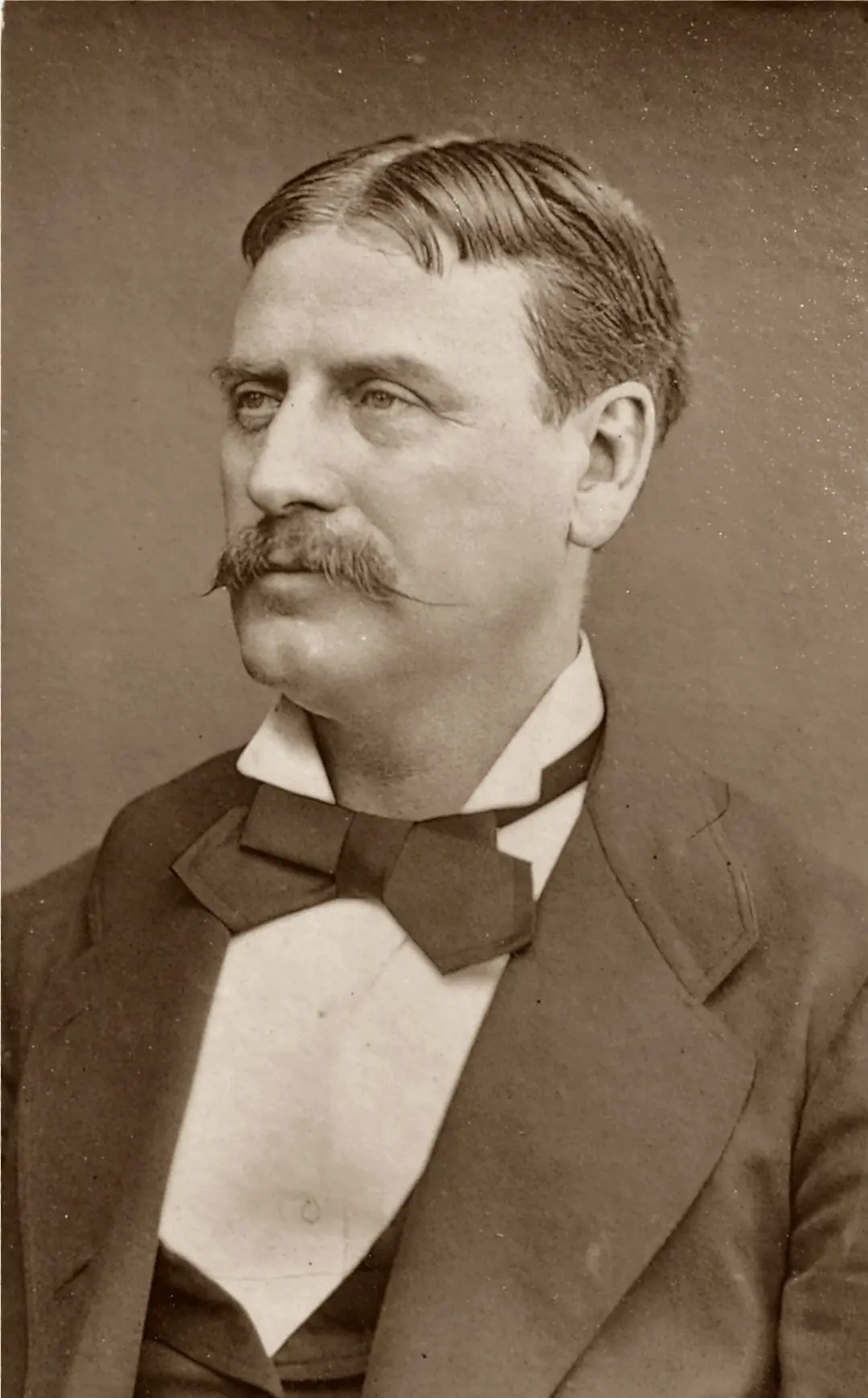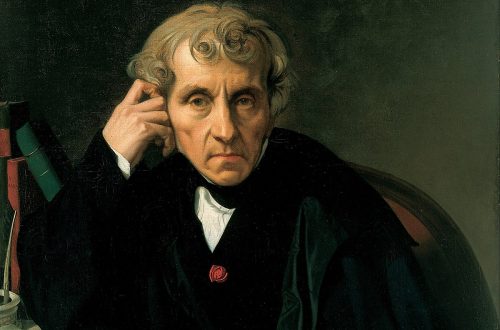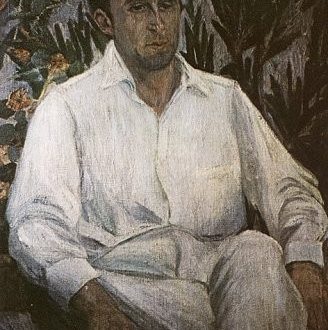
Florimond Herve |
Florimond Herve
Herve, along with Offenbach, entered the history of music as one of the creators of the operetta genre. In his work, a type of parody performance is established, ridiculing the prevailing operatic forms. Witty librettos, most often created by the composer himself, provide material for a cheerful performance full of surprises; his arias and duets often turn into a mockery of the fashionable desire for vocal virtuosity. Herve’s music is distinguished by grace, wit, closeness to the intonations and dance rhythms common in Paris.
Florimond Ronger, who became known under the pseudonym Herve, was born on June 30, 1825 in the town of Uden near Arras in the family of a French policeman married to a Spaniard. After his father’s death in 1835, he went to Paris. There, at the age of seventeen, his musical career begins. First, he serves as an organist in the chapel at Bicetre, a famous Parisian psychiatric hospital, and gives music lessons. Since 1847 he has been the organist of St. Eustasha and at the same time the conductor of the vaudeville theater of the Palais Royal. In the same year, his first composition, the musical interlude Don Quixote and Sancho Panza, was performed, followed by other works. In 1854, Herve opened the musical and variety theater Folies Nouvel; the first two years he was its director, later – composer and stage director. At the same time he gives concerts as a conductor in France, England and Egypt. Since 1870, after touring in England, he remained in London as a conductor of the Empire Theatre. He died on November 4, 1892 in Paris.
Herve is the author of more than eighty operettas, of which the most famous are Mademoiselle Nitouche (1883), The Shot Eye (1867), Little Faust (1869), The New Aladdin (1870) and others. In addition, he owns five ballets, a symphony-cantata, masses, motets, a large number of lyrical and comic scenes, duets, songs and musical miniatures.
L. Mikheeva, A. Orelovich





